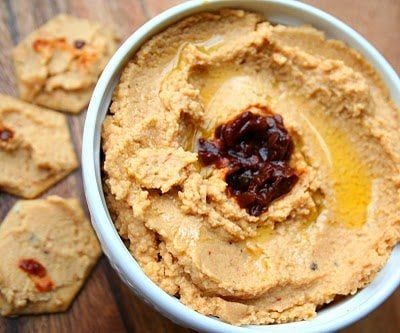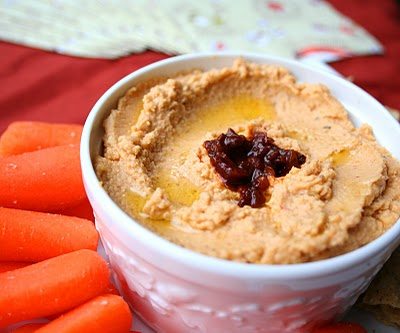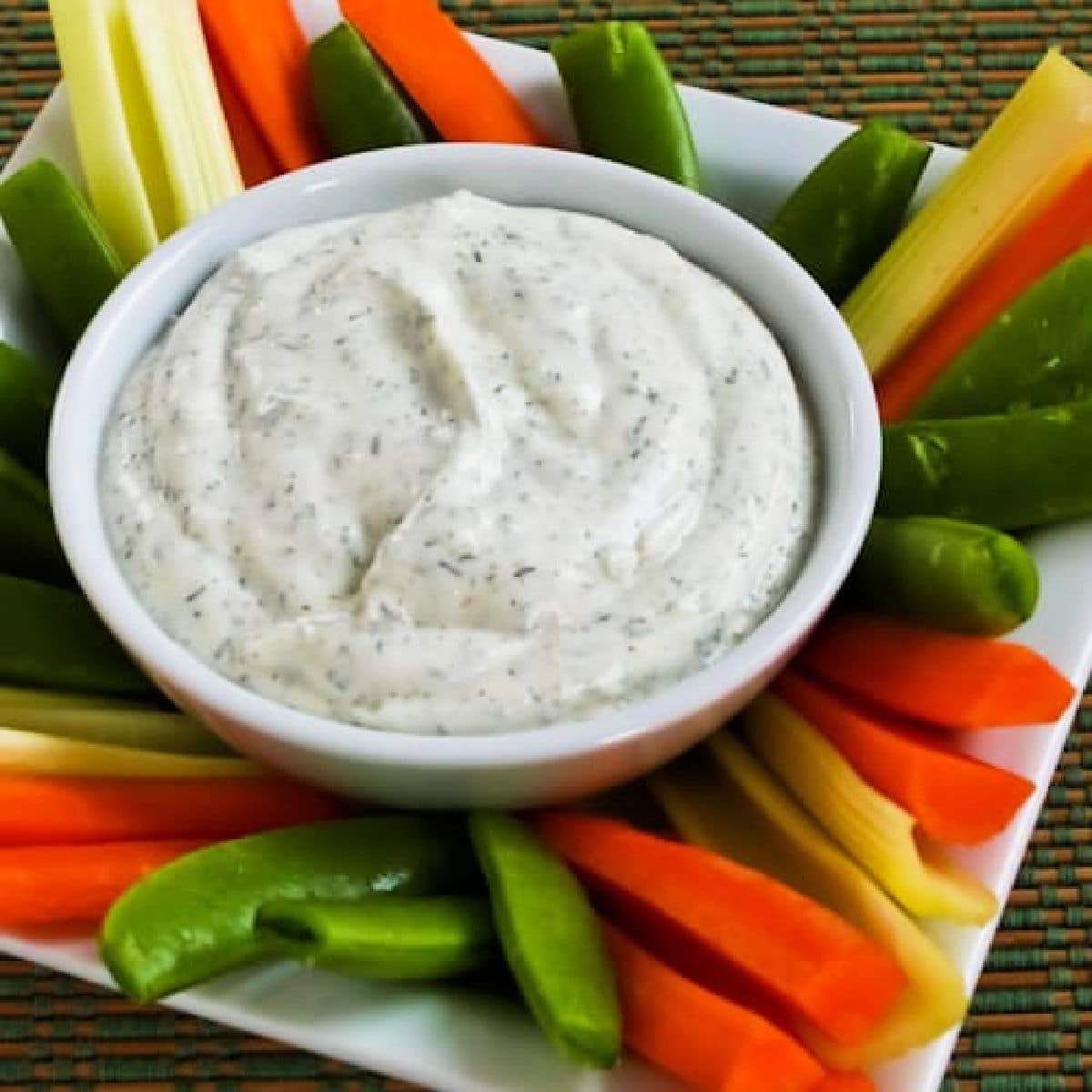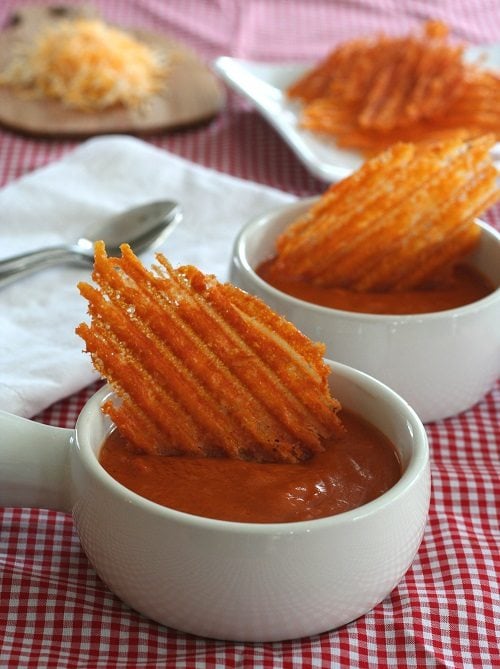This post may contain Amazon or other affiliate links. As an Amazon Associate I earn from qualifying purchases.
 I can remember the very first time I ever heard of hummus. I was 17 and was up in the far reaches of Ontario on an Outward Bound program. We were doing a ropes course and other various team-building activities and someone mentioned that we were having hummus for lunch. I was all sorts of confused, since all I could think of was “humus”, as in the humus layer of decomposing leaves and other organic material that lies on the forest floor and that I had probably just studied in school. I was fairly relieved to discover that it was a spread made of chickpeas, tahini and olive oil, and even more relieved to discover that it tasted great. Mind you, everything we ate on that Outward Bound program tasted great. Hunger is the best seasoning and with all the activity we were getting, we were always hungry!
I can remember the very first time I ever heard of hummus. I was 17 and was up in the far reaches of Ontario on an Outward Bound program. We were doing a ropes course and other various team-building activities and someone mentioned that we were having hummus for lunch. I was all sorts of confused, since all I could think of was “humus”, as in the humus layer of decomposing leaves and other organic material that lies on the forest floor and that I had probably just studied in school. I was fairly relieved to discover that it was a spread made of chickpeas, tahini and olive oil, and even more relieved to discover that it tasted great. Mind you, everything we ate on that Outward Bound program tasted great. Hunger is the best seasoning and with all the activity we were getting, we were always hungry!
It’s hard to imagine a time now when I wasn’t familiar with Middle Eastern dishes like hummus, tabbouleh and dolmas. But back in high school, these things were new territory for me and most people I knew. Since that time, I’ve eaten my fair share of it all. I worked in a Lebanese bakery in university and was often allowed to take home items that were left over at the end of the day. And in grad school, some of the most popular restaurants around the school were Middle Eastern, because the food was great and didn’t put too much pressure on a poor grad student’s wallet.
Despite all of this, I’d never made hummus at home until now. I knew it was remarkably easy to make, it just happened to be even easier to buy it from Trader Joe’s. But I had a hankering for it and I knew I didn’t want the plain jane kind. Trader Joe’s makes a chipotle hummus but they kind of wimp out on the heat and I wanted to taste that smokey, spicey goodness. I also knew that by making it at home with dried chickpeas, I could up the health factor so that it was fresher and contained more fiber and less salt. More bang for my buck, so to speak.

The Results: Yup, homemade hummus is remarkably easy to make, and it’s delicious to boot! Now I have to ask myself why I never did this before. The hardest part is cooking or soaking the chickpeas, which takes some forethought. Yes, you can use canned, but they contain far more sodium and a lot less fiber than their dried and reconstituted counterparts. I also love the chipotle in this. It gives it a great colour and it’s not burn-your-mouth hot but it has a nice slow sizzle after you take a bite. It pairs perfectly with pita chips and veggies, and although I haven’t tried it this way, I imagine it would be great on a sandwich too.
This makes a big batch so feel free to half it. I was taking some to my book club and wanted to keep some at home as well. You can also do more or less chipotle, as you like.

Spicy Chipotle Hummus
1 ½ cups dried chick peas
½ cup olive oil
⅓ cup tahini
2 to 3 whole chipotle peppers in adobo, chopped
4 cloves garlic, roughly chopped
juice of half a lemon
2 teaspoon cumin
salt and pepper to taste
½ cup water
Place chickpeas in a medium pot and cover with water by several inches. Cover pot and bring to a boil. Reduce heat to low and simmer 20-30 minutes or until tender but not mushy. Alternatively, you can cover chickpeas with water and let stand overnight.
Drain and rinse chickpeas. Place in food processor, along with olive oil, tahini, chipotles, garlic, lemon juice and cumin. Process until it begins to form a paste.
Taste and add more chipotle if desired, as well as salt and pepper to taste. With processor running, slowly pour water in through feed tube until a creamy consistency is achieved. Scrape down sides of processor with a rubber spatula as needed.


















